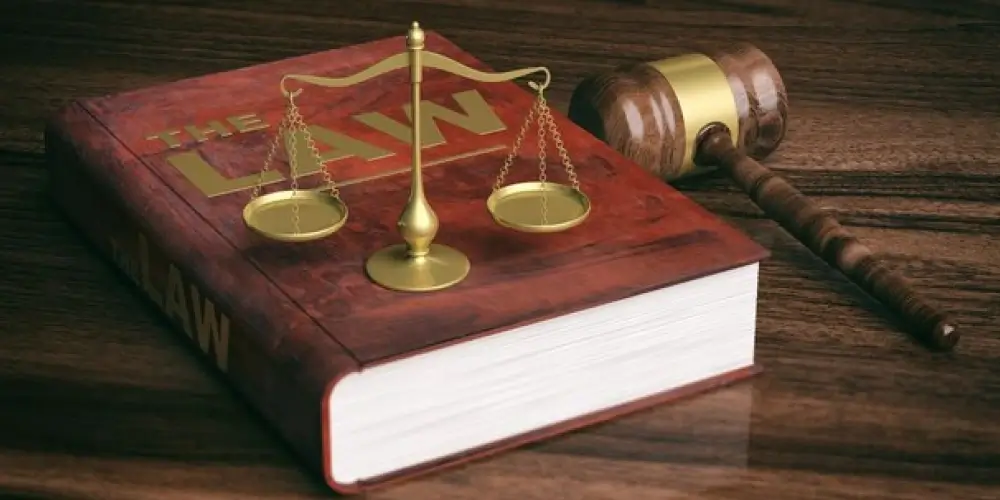

Introduction to Consumer Protection Laws
26/07/2024 Flora G. 873
Consumer protection laws are designed to shield individuals from deceptive, fraudulent, or unfair practices by businesses. These laws vary across jurisdictions but typically aim to uphold transparency, fairness, and ethical conduct in commercial dealings. The fundamental premise is to balance the power dynamics between businesses and consumers, ensuring the latter are not exploited or misled.
Regulatory Framework and Enforcement Agencies
In most countries, consumer protection is overseen by dedicated governmental or quasi-governmental agencies. These agencies are tasked with enforcing laws, investigating complaints, and educating the public about consumer rights. Examples include the Federal Trade Commission (FTC) in the United States, the Competition and Markets Authority (CMA) in the UK, and similar bodies elsewhere.
Types of Unfair Business Practices
Deceptive Advertising
One common area regulated by consumer protection laws is deceptive advertising. Businesses may not make false claims about their products or services regarding quality, price, benefits, or endorsements. Such practices mislead consumers and can result in legal action.
Unfair Contract Terms
Consumer protection laws often scrutinize the terms of contracts to prevent unfair clauses that disadvantage consumers. These may include excessive penalties, unilateral modification rights by the business, or clauses that waive consumers' legal rights.
Fraud and Misrepresentation
Fraudulent practices, such as misrepresenting product features, concealing defects, or manipulating pricing information, are strictly prohibited. Civil laws provide remedies for consumers who suffer financial losses due to such deceitful tactics.
Price Gouging and Unjust Enrichment
During times of crisis or scarcity, some businesses engage in price gouging, unfairly raising prices beyond reasonable levels. Civil laws typically prohibit such practices to protect consumers from exploitation during vulnerable periods.
Legal Remedies for Consumers
Right to Information and Disclosure
Consumers have the right to accurate and clear information about products and services before making purchasing decisions. This includes disclosures about pricing, terms of sale, warranties, and any associated risks.
Contractual Remedies
When consumers enter into contracts with businesses, civil laws provide remedies if the terms are unfair or the business breaches its obligations. Remedies may include contract rescission (canceling the contract), damages (financial compensation), or specific performance (forcing the business to fulfill its obligations).
Class Action Lawsuits
In cases where many consumers are affected by the same unfair practice, class action lawsuits can be initiated. This legal mechanism allows multiple individuals to collectively seek compensation or other remedies against a business.
Administrative Penalties
Regulatory agencies have the authority to impose fines or sanctions on businesses found guilty of unfair practices. These penalties serve as deterrents and encourage compliance with consumer protection laws.
Conclusion
Civil laws play a pivotal role in safeguarding consumers from unfair business practices by establishing clear rules, enforcing compliance, and providing legal recourse for affected individuals. By upholding transparency, fairness, and accountability in commercial transactions, these laws foster trust between businesses and consumers while promoting a competitive and ethical marketplace.
Recent Blogs
Understanding the Distinctio ...
23/10/2024 1261
Adapting Income Sources Duri ...
21/10/2024 1368
The Role of Customer Experie ...
19/10/2024 2110
Key Considerations for Manag ...
17/10/2024 1742
Integrating Business Insuran ...
15/10/2024 986
Trending Blogs
The Role of Customer Experie ...
19/10/2024 2110
Key Differences in Family La ...
06/10/2024 1924
Harnessing AI and Machine Le ...
07/08/2024 1792
Key Considerations for Manag ...
17/10/2024 1742
Leveraging Technology to Str ...
22/08/2024 1706









